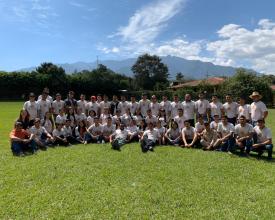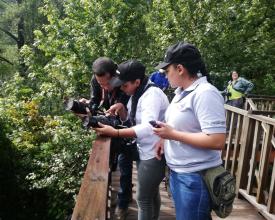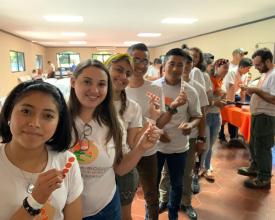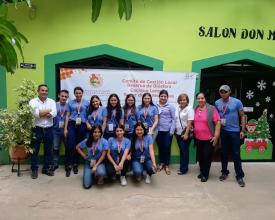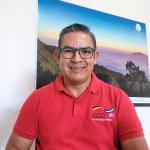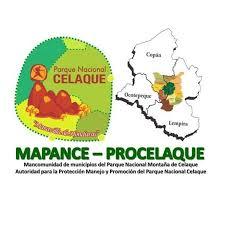
Youth Linked to Biosphere Reserve Management
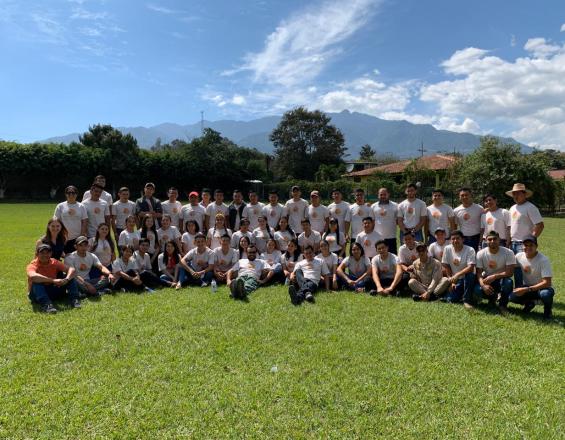
The IBEROMAB Network has involved youth in the processes of Biosphere Reserves, considering that it is important to promote and facilitate the exchange of young people, to encourage their participation and enrich their training and awareness in the scientific, economic and social fields. In this way, promote "Education for Sustainable Development", aimed at young people, at all educational levels of the Biosphere Reserves.
The Local Committee MaB RBCLSM in accompaniment of the German Cooperation GIZ through the PROCAMBIO project, formed the Youth Network of the Biosphere Reserve Cacique Lempira Lord of the Mountains, as a governance mechanism, participatory and inclusive to help strengthen the identity and understanding of the value of the biosphere reserve, forming leaders who contribute to the conservation of natural resources and sustainable management of the territory.
Context
Challenges addressed
Location
Impacts
- Community youth organizations have been involved in actively contributing to the protection and conservation of the biosphere reserve's resources.
- Young people have developed an identity about the value of belonging to a biosphere reserve territory and have become involved in its management and governance.
- Spaces for dialogue and exchange of experiences on leadership and community entrepreneurship have been created.
- Youth leaders have been trained with the capacity to promote and facilitate processes of participation, organization, integration, consensus-building and local coordination at the individual and group levels.

